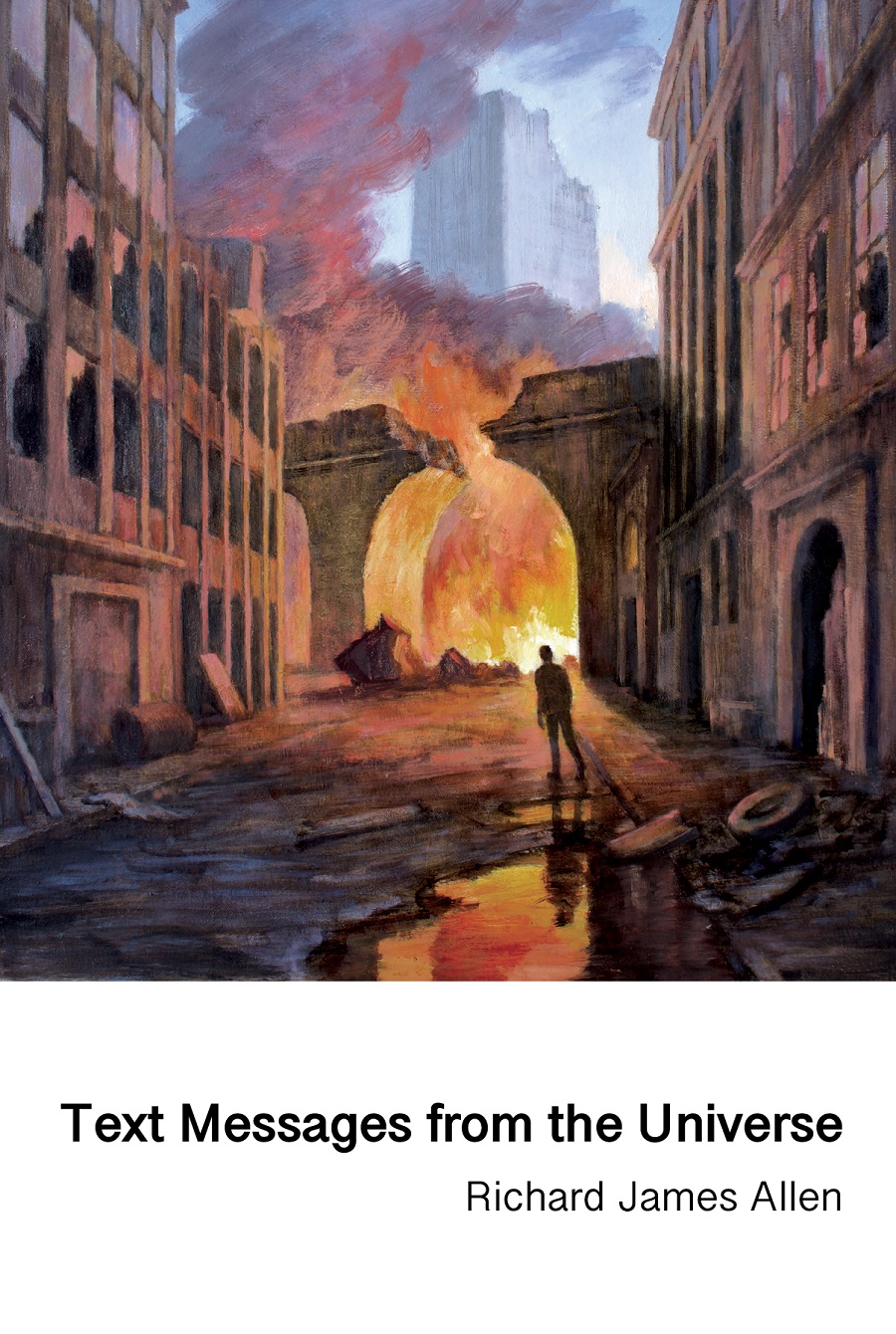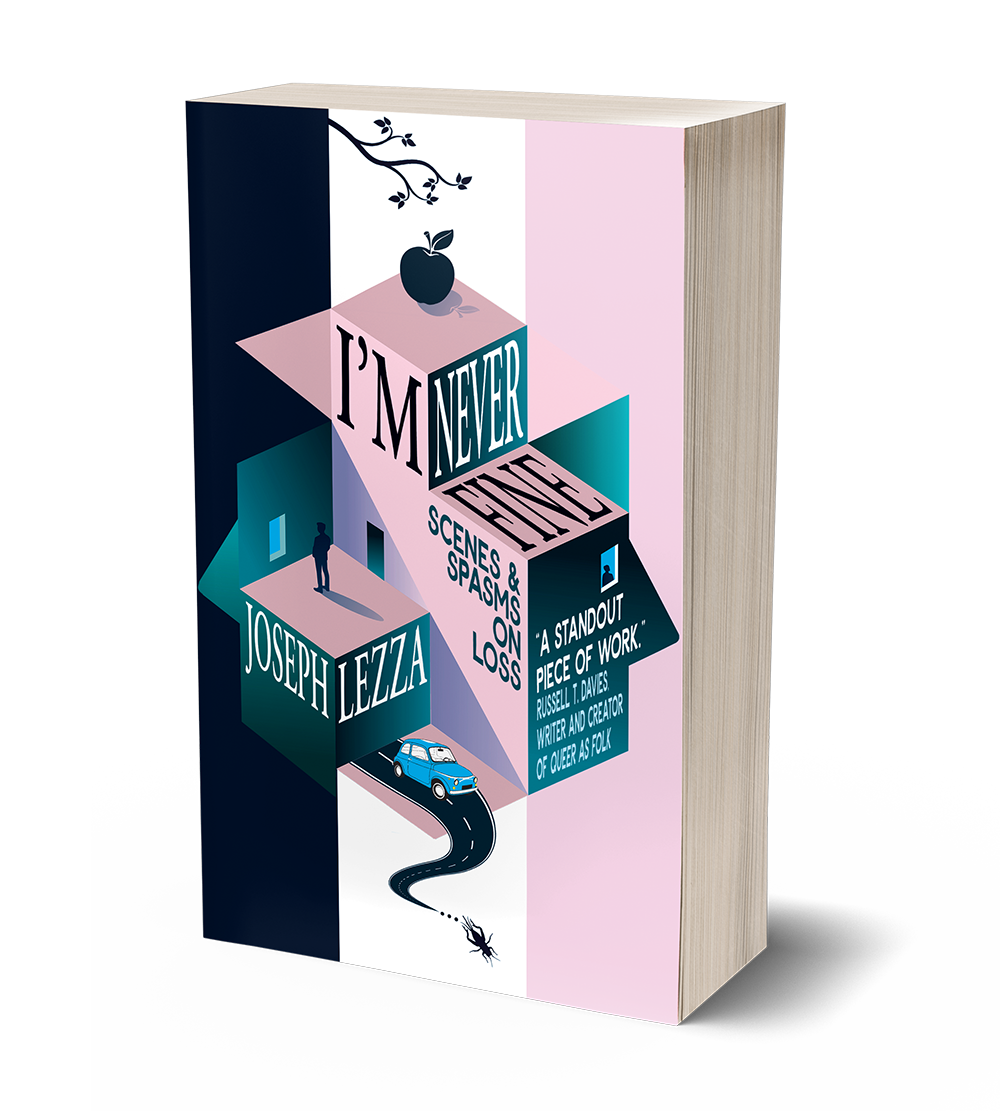 The author of Black Foam talks about his new book, why he wrote it, his research, the relationship between his work as a journalist and his work as a writer, his audience, his favourite books, Dar al-Tanweer, why he teaches, and more.
The author of Black Foam talks about his new book, why he wrote it, his research, the relationship between his work as a journalist and his work as a writer, his audience, his favourite books, Dar al-Tanweer, why he teaches, and more.
Author:
Great new giveaway
 We have a copy of Black Foam by Haji Jabi to give away!
We have a copy of Black Foam by Haji Jabi to give away!
To win, sign up for our Free Newsletter on the right-hand side of the site and enter via the newsletter. Winner will be chosen by the end of March from subscribers who enter via the newsletter. Good luck!
A review of Admissions: Voices within Mental Health edited by David Stavanger, Radhiah Chowdhury, Mohammad Award
 Like the best anthologies, Admissions is a fluid collection where the different genres, explorations and styles of creativity inform one another, creating a montage that is inherently collective. This ‘radical empathy’ that Stavinger talks about is present throughout the book, as the different forms of pain and struggle sit together in solidarity like a supportive scaffold so that in the reading the separation between the different experiences becomes diminished and there is a sense that every perspective fits and is important.
Like the best anthologies, Admissions is a fluid collection where the different genres, explorations and styles of creativity inform one another, creating a montage that is inherently collective. This ‘radical empathy’ that Stavinger talks about is present throughout the book, as the different forms of pain and struggle sit together in solidarity like a supportive scaffold so that in the reading the separation between the different experiences becomes diminished and there is a sense that every perspective fits and is important.
A review of The Return by Aaron Paul Lazar
 The book is fast paced, drawing you in from the first chapter, and progressing with exciting turns in a way that the book is always pleasurable and satisfying, and even the worst antagonists are treated with empathy. It’s hard not to like Gus, who is always ready to lend a helping hand or a basket of fresh picked zucchinis and corn. Lazar is a master craftsman and pays careful attention to language, plot, pacing and character so that all of the elements tie together neatly and seamlessly, description charged with rich nostalgia
The book is fast paced, drawing you in from the first chapter, and progressing with exciting turns in a way that the book is always pleasurable and satisfying, and even the worst antagonists are treated with empathy. It’s hard not to like Gus, who is always ready to lend a helping hand or a basket of fresh picked zucchinis and corn. Lazar is a master craftsman and pays careful attention to language, plot, pacing and character so that all of the elements tie together neatly and seamlessly, description charged with rich nostalgia
States that Matter, a review of The Best of Tupelo Quarterly edited by Kristina Marie Darling
 As a poet, my ultimate aim is to connect to my reader, so that I may get close to causing a moment of understanding, a resonance, a tapping-into of the unsayable. As a human, I feel nourished when art is not only allowed to break the mould, but it is celebrated for doing so. The rules of the universe only help us understand a fraction of what is happening to us.
As a poet, my ultimate aim is to connect to my reader, so that I may get close to causing a moment of understanding, a resonance, a tapping-into of the unsayable. As a human, I feel nourished when art is not only allowed to break the mould, but it is celebrated for doing so. The rules of the universe only help us understand a fraction of what is happening to us.
A review of Passages by Jenni Nixon
![]() These are certainly not poems overflowing with sentimentality. Nixon has total control of her words, and is measured and diligent in creating and intelligent and elegant narrative in poetry form, whether she writes about helping a neighbour, the compulsory acquisition of hundreds of homes for the construction of tunnels or other environmental concerns.
These are certainly not poems overflowing with sentimentality. Nixon has total control of her words, and is measured and diligent in creating and intelligent and elegant narrative in poetry form, whether she writes about helping a neighbour, the compulsory acquisition of hundreds of homes for the construction of tunnels or other environmental concerns.
A review of Text Messages from the Universe by Richard James Allen
 This is philosophy at its best, to exist or not, or as Shakespeare put it “to be or not to be”. Allan makes you think, consider, and reflect, and he does it in a very clever way utilising poetic devices and intelligent lines. The poet’s voice is very convincing, whether he uses sophisticated language or everyday language, his unique style draws the reader into the narration.
This is philosophy at its best, to exist or not, or as Shakespeare put it “to be or not to be”. Allan makes you think, consider, and reflect, and he does it in a very clever way utilising poetic devices and intelligent lines. The poet’s voice is very convincing, whether he uses sophisticated language or everyday language, his unique style draws the reader into the narration.
Marina Rubin in Conversation with Stephanie Dickinson
 Marina Rubin in Conversation with Stephanie Dickinson, discussing Rubin’s new book Knockout Beauty and Other Afflictions – a collection of stories of desire, damage, and human meandering. The authors discuss, among other things, influences, the advantages of being multilingual, linguistic precision, characterisation, utilising humour, the power of the first line reveal, and lots more.
Marina Rubin in Conversation with Stephanie Dickinson, discussing Rubin’s new book Knockout Beauty and Other Afflictions – a collection of stories of desire, damage, and human meandering. The authors discuss, among other things, influences, the advantages of being multilingual, linguistic precision, characterisation, utilising humour, the power of the first line reveal, and lots more.
Great new giveaway!
 We have a copy of I’m Never Fine by Joseph Lezza to give away!
We have a copy of I’m Never Fine by Joseph Lezza to give away!
To win, sign up for our Free Newsletter on the right-hand side of the site and enter via the newsletter. Winner will be chosen by the end of February from subscribers who enter via the newsletter. Good luck!
A review of Beauty in the Beast by Emily-Jane Hills Orford
 In the original folktale, when the young woman learns to love the beast, she is surprised by his transformation. In Orford’s novel, Priya is manipulated by a male being for whom she felt an attraction, so her happy ending is not the conventional one. Instead, it arises naturally from Orford’s novel and is suitable for the 21st century.
In the original folktale, when the young woman learns to love the beast, she is surprised by his transformation. In Orford’s novel, Priya is manipulated by a male being for whom she felt an attraction, so her happy ending is not the conventional one. Instead, it arises naturally from Orford’s novel and is suitable for the 21st century.